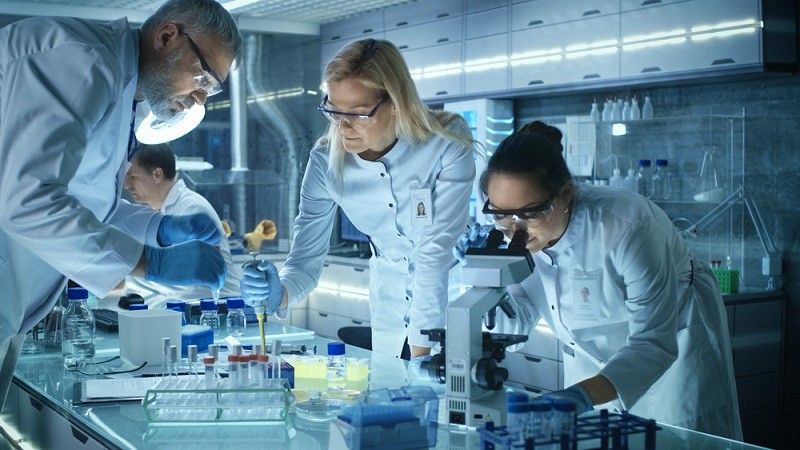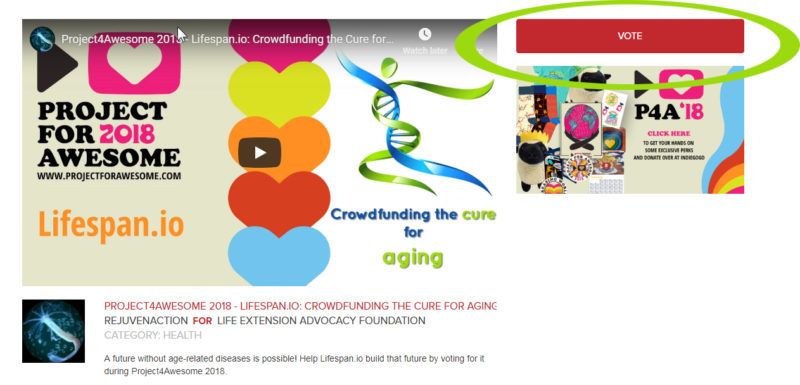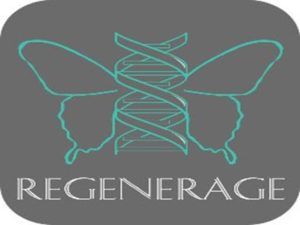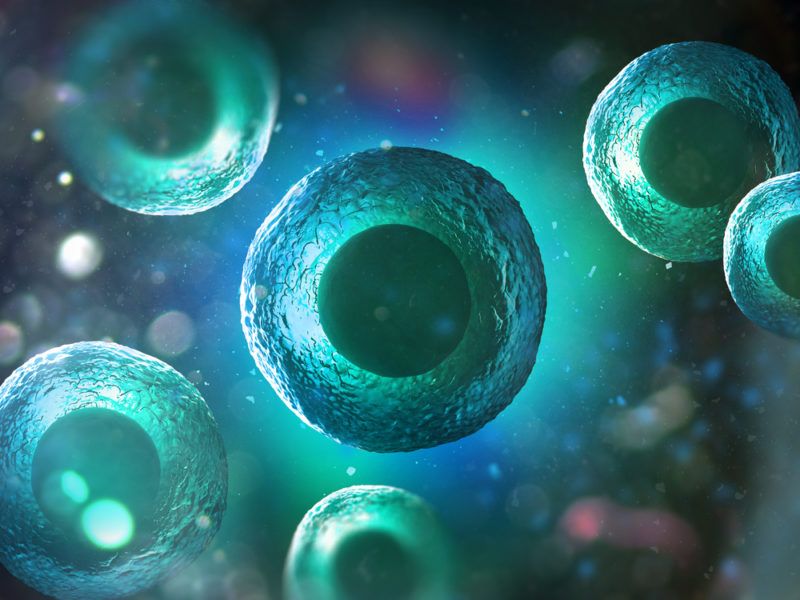“The prospect of intervening in a profound way in human aging is still not seen as credible by the vast majority of thoughtful people around the world,”
Here’s the Inside Scoop from an Icon in the Longevity Field.


A number of therapies that directly target the aging processes are currently in human trials and could change medicine significantly in the next decade if the results are positive.
What is aging?
Aging is basically the accumulation of damage and errors caused by a collection of varied processes that harm the functions of the body through the accumulation of waste, imperfect repair, the deregulation of cellular processes, the dysfunction of the immune system, chronic inflammation, and other disorders.


Today, we want to discuss this review published in the journal Science, as it provides a whistle-stop tour of caloric restriction, intermittent fasting, and time-restricted feeding.
There is a considerable amount of data supporting the effects of caloric restriction and similar dietary approaches on both health and lifespan in multiple species. In general, the more simple the organism, the greater the observed effect tends to be, although the effect is less so in longer-lived organisms. For example, caloric restriction has a significant effect on mouse lifespan, but it appears to do little, if anything, to the lifespan of humans.
Why is this? One explanation could be that, as humans, we have already evolved efficient repair systems that more thoroughly address the damages of aging than the repair systems of mice and other short-lived species. In other words, there is little improvement to be made to human repair systems compared to those of mice.

Project for Awesome (P4A) 2018 is finally here, and you can help us to win much-needed funds at no cost to you by voting for the videos supporting our charity.
Every year, a number of charities are chosen through voting, and they each receive a sum of money based on what the fundraiser at P4A has raised. In the past, charities have received around $25,000 each, which is a considerable sum, especially for a small non-profit org such as LEAF.
With these funds, we can purchase new equipment to support reporting at conferences and events and to bring our audience the best media experience possible. We are also planning to host a second conference in New York City in 2019, and this will be far more ambitious in scale and will be a two-day event rather than the single-day conference we held this year; with your support, we can make this one of the top conferences supporting the field of rejuvenation biotechnology and make high-quality footage available to the public. Finally, we can use the funds to hire new writers in order to bring you even more high-quality news articles and educational pieces about aging and research.


Today, we want to highlight results from human trials in which stem cell transplants have been shown to reduce age-related frailty.
Age-related frailty and stem cell transplants
Currently, there are no specific approved therapies to address age-related frailty, which can cause elderly people to suffer potentially fatal falls and injuries. There has been considerable interest in stem cell therapies to combat frailty in recent years, and the results we will discuss today are from one of the more advanced human clinical trials exploring mesenchymal stem cell (MSC) transplants [1].

And his team at Yale-NUS have recently completed a detailed set of studies looking at eleven of the most promising anti-aging single drugs, using nematode worms (C. elegans) as their model organism.
Drug synergy found to increase lifespan in worms
Even though testing the effects of single drugs on health and longevity in various organisms is challenging by itself, and testing multiple drugs and their synergistic effects can be a logistical and statistical nightmare, they found some surprising results, including up to a 96 percent increase in lifespan [1]. As they conclude in their new paper:
The Fourth Eurosymposium on Healthy Ageing (EHA) was held in Brussels on November 8–10, 2018, and we had the opportunity to give talks about aging, advocacy, and engaging new audiences.
The EHA is a conference hosted every two years by Heales, and it sees like-minded people from the research and advocacy community come together to share knowledge and listen to talks from various researchers and other experts in the field. We were very pleased to be invited to give two presentations during the conference and share our knowledge and experience with the audience there.
LEAF staff writer Nicola Bagalà gave a talk about the social issues relating to rejuvenation biotechnology, including the global need for longer, healthier lives, reasons for public skepticism, and the common pitfalls of advocacy.